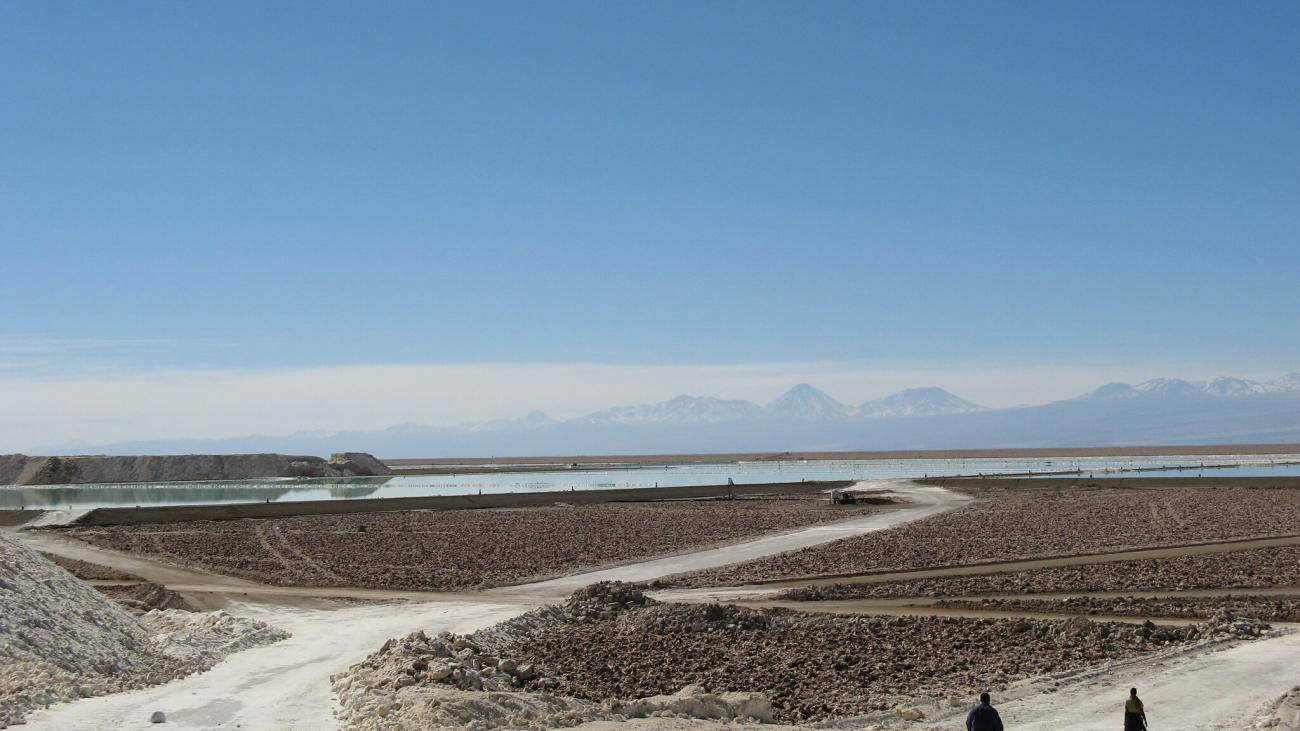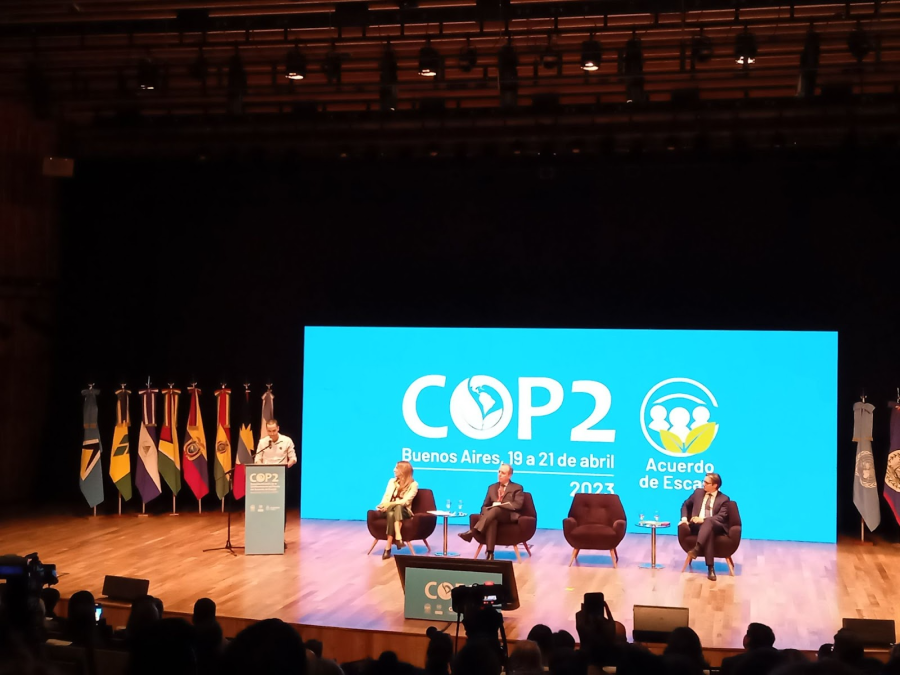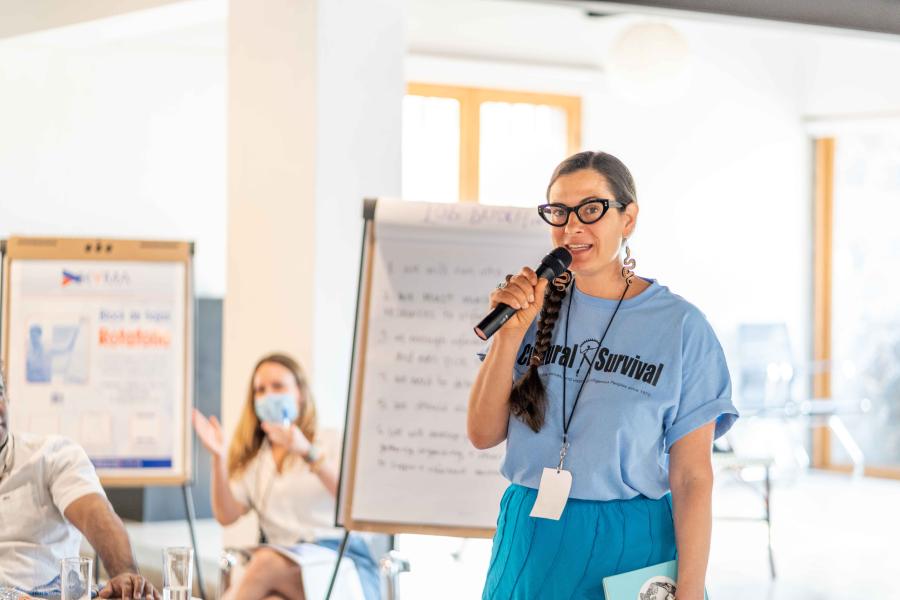
Urge COP26 Climate Negotiators to Make a Binding Commitment to Source Transition Minerals Responsibly
The 2021 United Nations Climate Change Conference, or COP26, will be held between November 1-12 in Glasgow, Scotland. During those two weeks, there will be a lot of necessary momentum around climate targets and climate justice. At this key juncture, we urge decision-makers, climate activists and clean energy advocates to also center and respond to the human rights and environmental justice impacts of mining for battery minerals and renewable energy technologies.
We are looking for organizational support for a joint declaration, below and linked here, which calls on climate negotiators at COP26 to make a binding commitment to source transition minerals responsibly, and urges climate justice allies and clean energy advocates to join us in ensuring a clean, just and equitable energy transition.
Minerals demand for renewable energy technologies is projected to skyrocket, particularly for battery metals being used in electric vehicles - and the associated environmental and human impacts are likely to rise steeply as well. Metals mining is one of the world’s dirtiest industries, responsible for at least 10% of anthropogenic greenhouse gas emissions.
Please sign on no later than 5pm ET, November 1, 2021.
We know that this is a critical moment for the climate, and it is essential we center on clean energy solutions that are clean, equitable & just for all - including communities, workers and ecosystems affected by mining. Without these conversations, we risk repeating many of the same injustices these solutions seek to fix.
Please add your organization to the sign on letter here.
Declaration on Mining and the Energy Transition for COP26
We, the undersigned organizations, support a just and rapid transition away from fossil fuels and towards a renewable energy system. We are concerned about the impacts of extracting minerals, such as lithium, cobalt, nickel and copper for renewable energy technologies on communities, workers and ecosystems around the world.
Minerals demand for renewable energy technologies is projected to skyrocket, particularly for battery metals being used in electric vehicles - and the associated environmental and human impacts are likely to rise steeply as well. Metals mining is one of the world’s dirtiest industries, responsible for at least 10% of anthropogenic greenhouse gas emissions. Mining is linked to environmental destruction, freshwater contamination and depletion, human rights abuses, forced displacement, loss of livelihood, violent conflict, unsafe working conditions, and illicit financial flows in many parts of the world. It increasingly poses threats to ocean health through the risky practices of mine waste dumping and deep-sea mining.
Dangerous mine waste storage and disposal have led to deaths and catastrophic destruction of downstream environments as well as the contamination of fragile marine ecosystems, fisheries and coastal communities. Mining for battery minerals such as cobalt, lithium and nickel causes disproportionate harm to Indigenous peoples.
Our transition to renewable energy sources must be just and equitable and accompanied by a simultaneous transformation away from irresponsible mining by:
- Centering the human rights of Indigenous, frontline communities, and workers at mining, recycling, reclamation, manufacturing and renewable energy projects, by prioritizing the right to Free, Prior and Informed Consent, including the right to withhold consent as aligned with the UN Declaration on the Rights of Indigenous Peoples.
- Prioritizing low-impact circular economy solutions that reduce the overall demand for primary metals such as reuse, reduction, recycling, and design for disassembly while ensuring health and safety protections for workers and communities.
- Ensuring responsible minerals sourcing at existing mining operations, by demanding mandatory human rights due diligence and adherence to all legal requirements and stringent international environmental and human rights standards with independent, third-party verification of compliance (such as the IRMA Standard for Responsible Mining).
- Implementing transformative, rather than merely technological, solutions that shift away from disposable consumption and private transportation to more equitable access to services and low-carbon public transit.
We call on climate negotiators at the UNFCCC COP26 to make a binding commitment to source minerals responsibly. We call on businesses, financial institutions, investors and governments to ensure a clean, just and equitable energy transition by implementing these measures and urge clean energy advocates and climate justice allies to echo these demands in climate change platforms.
A truly clean, just and equitable energy economy will require not just a transition to cleaner sources of energy, but transformation on an individual and collective level. We urge you to join us and ensure that the move to clean energy doesn’t recreate the same systems it aims to destroy and helps to build climate change solutions that put communities, workers and the environment first.
Please add your organization to the sign on letter here.
Photo: Lithium mining by Andrew O'Brien.



